Google has prepared a little musical masterpiece for young musicians and their parents. Do you want to know what the sound looks like and how the pattern sounds, what are the scales or what types of chords are there? You will find this and much more here …
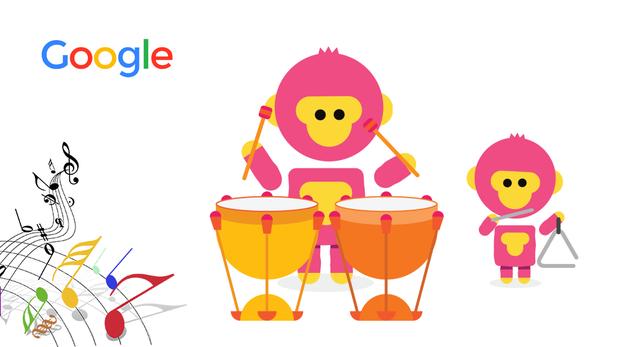
Chrome Music Lab is a project somewhere at the interface between music and programming (more precisely, a demonstration of the capabilities of the Web Audi o, WebGL and Google Chrome). This is something like a children's music laboratory, in which a young musician can conduct any experiments, in fact, and not just in words, studying such things as sound, rhythm, chords, melody structure, tempo of the game and other moments. So far there are only 12 stands in it, but, apparently, this is just the beginning. Moreover, this project is with source code, which means that anyone can improve and supplement it.
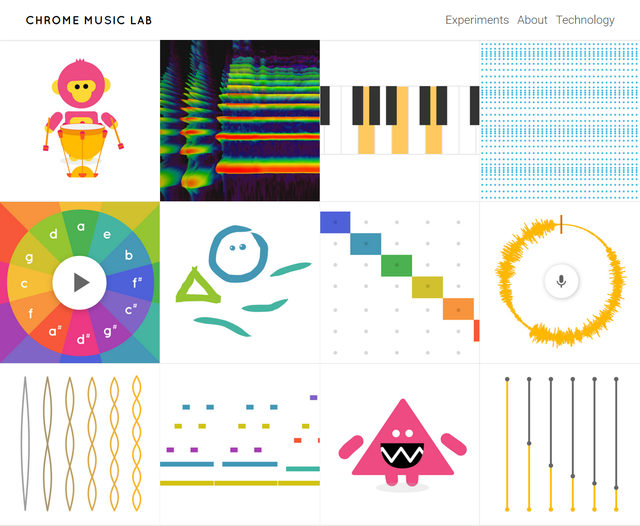
I don't see much point in describing each section of the service, it's better to just open its web page in a browser and try it yourself. You can use both a computer and a smartphone for this.
On the one hand, it's a fun game. On the other hand, in reality it can be much more useful than a dozen music textbooks. The most important thing in any business is a sincere passion for the process and an understanding of what exactly you are doing and why. A humorous submission of material to the Chrome Music Lab will help children become seriously interested in music, and at the same time understand what it is and how it all works. And it really costs a lot.
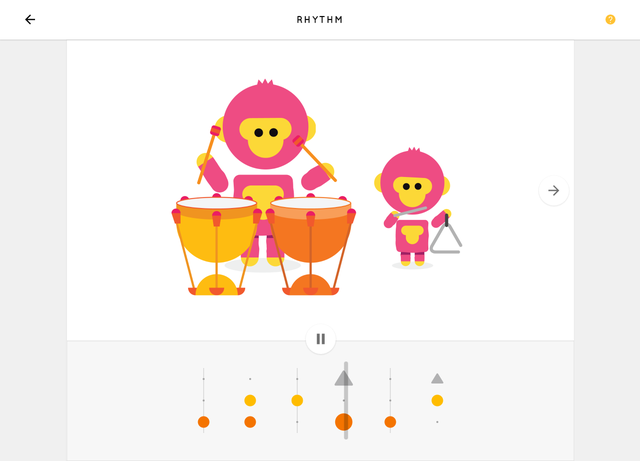
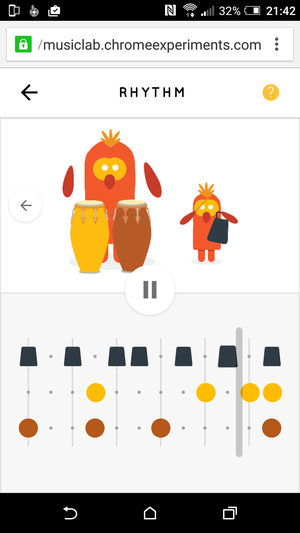
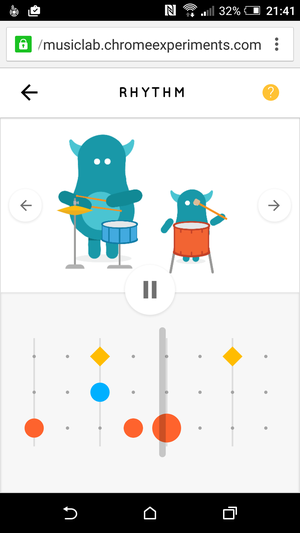
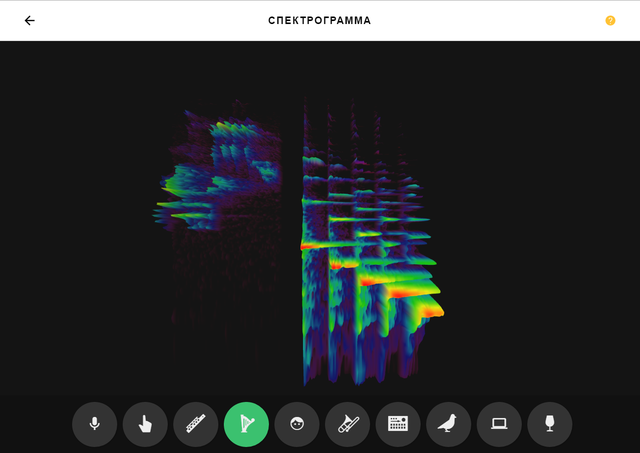
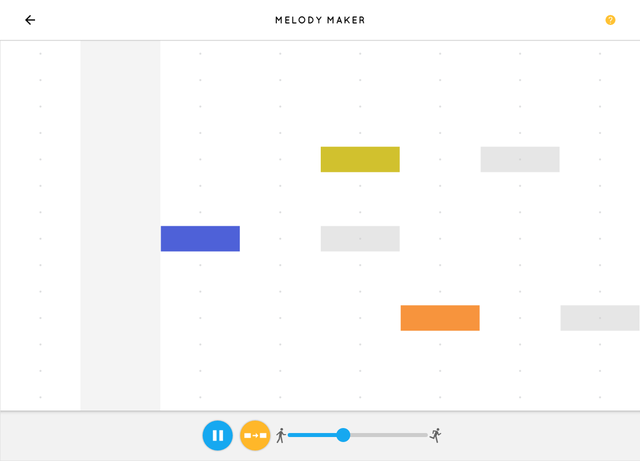
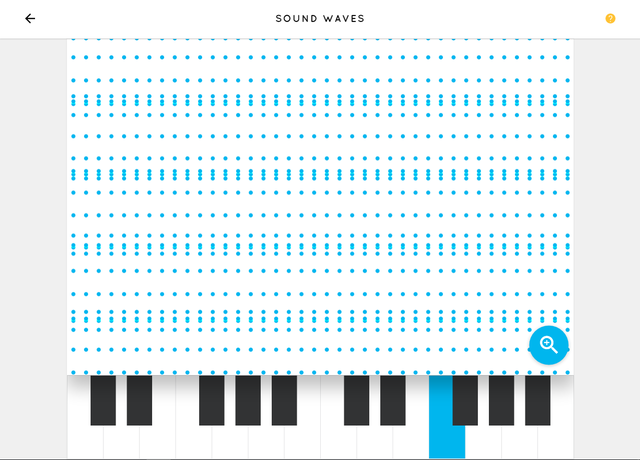
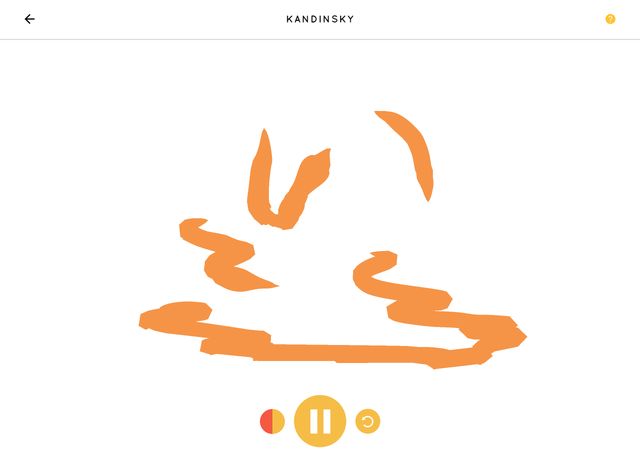
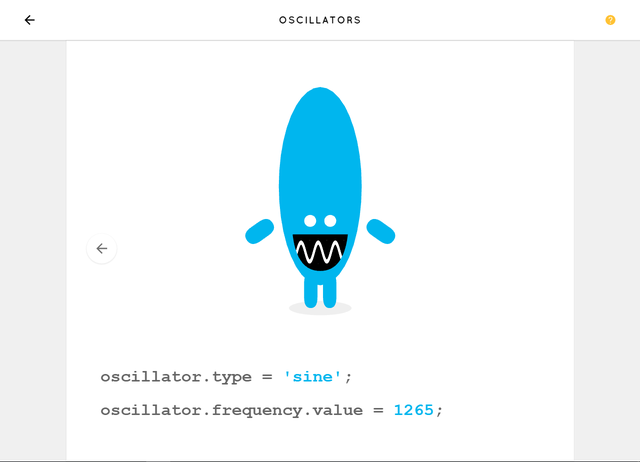
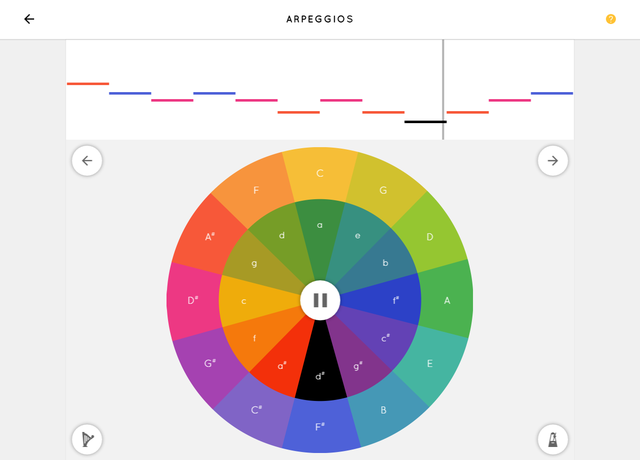
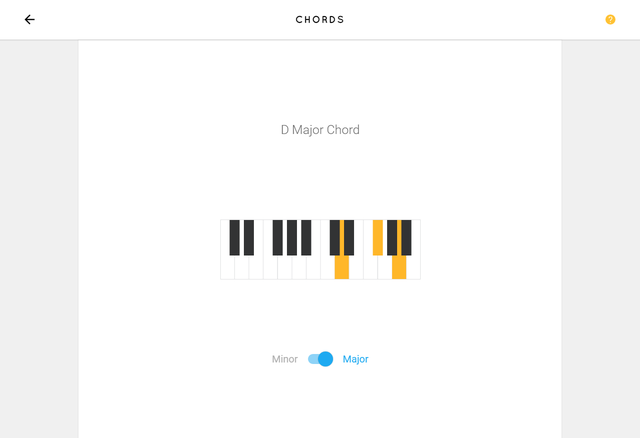
In general, the school curriculum for many years has been distinguished by excessive dryness, first of all, the student is required to cram the facts, and not at all to understand them. And what's the point of trying to understand something if you don't need it and are not interested, and the goal is simply to pass the exam and immediately get everything out of your head?
It may well be that for all its frivolity, the Chrome Music Lab is the prototype of the interactive textbook of the future. A textbook that does not just explain the meaning of the term, but actually show what it means. They do not just give a number of rules and recommendations, but give the opportunity to personally check what will happen if they are followed, and what will happen if they are violated. And most importantly, they are not afraid to turn the learning process into an exciting game.
I would like to believe that it will be so.
Link to resource
